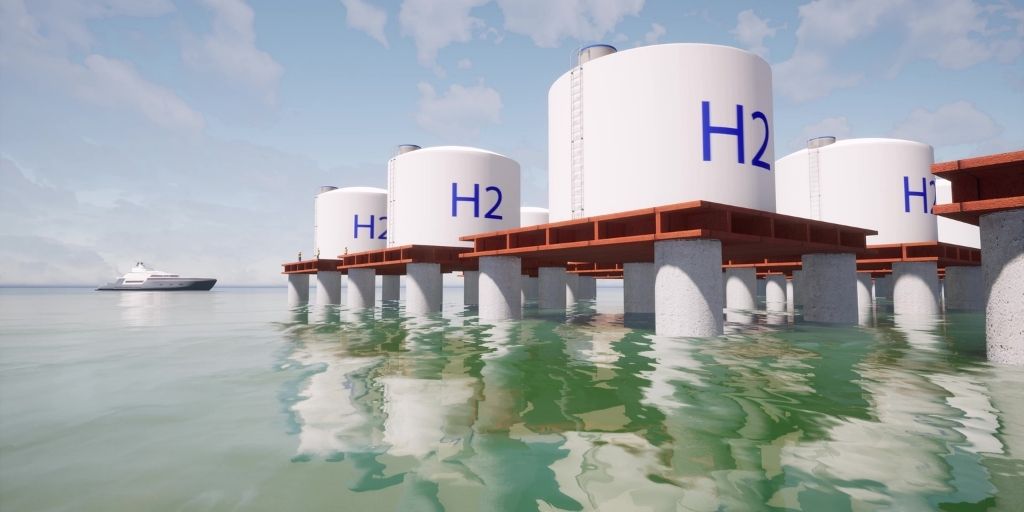Report
Decarbonising Transport
Transport is the largest contributor to UK domestic greenhouse gas (GHG) emissions, responsible for 27% in 2019. International aviation and shipping are not included in this figure. Domestic GHG emissions from transport have been broadly flat for the last 30 years, even as those of other sectors have declined.
Better engine efficiency has been made up for by increasing numbers of journeys; the growth of electric and hybrid vehicles has been made up for by the growth in diesel and petrol SUVs. We must deliver a step change in the breadth and scale of our ambition on transport emissions to reach net zero. The measures we use to decarbonise transport must also deliver the vast wider benefits available during this change, improving air quality, noise, health, reducing congestion and delivering high-quality jobs and growth for everyone right across the UK.
The need to limit global warming to well below 2°C and to pursue efforts to limiting to 1.5°C means the UK Government is committed to moving as far, and as fast, as possible. This is about the pace of change as well as the destination.
In this report the UK Department for Transport presents its path to net zero transport in the UK, the wider benefits it can deliver, and sets out the principles that will underpin the approach to delivering it. It also sets out the department’s commitments and the actions needed to decarbonise transport.




